OBD-II code P0174 indicates a problem with the fuel system on the bank 2 side of the engine, specifically a “System Too Lean” condition. This means that the engine control module (ECM) has detected that the air-to-fuel ratio is leaning out, meaning there is an excess of air or a lack of fuel in the mixture being supplied to the engine cylinders. Bank 2 refers to the side of the engine where the second set of cylinders is located, and it depends on the specific engine configuration.
A “System Too Lean” condition can be caused by various factors, such as a vacuum leak in the intake manifold, a malfunctioning mass air flow (MAF) sensor, a faulty oxygen sensor, a clogged fuel filter, or a weak fuel pump. When the ECM detects this lean condition, it will try to compensate by adding more fuel, but if the underlying issue is not addressed, it can lead to poor engine performance, reduced fuel efficiency, and potential damage to engine components. To diagnose and fix the P0174 code, it is recommended to perform a thorough inspection of the engine components, check for vacuum leaks, test the MAF and oxygen sensors, and ensure that the fuel delivery system is functioning correctly.
Fixes for OBD-II Code P0174
An issue requires a systematic approach to identify and address, but generally to get P0174 DTC fixed there are a several steps to follow on:
- Check for Vacuum Leaks. Inspect all vacuum lines, hoses, and intake manifold gaskets for cracks, leaks, or disconnected hoses. Use a smoke machine or propane enrichment technique to identify the leak (ask a qualified mechanic/service station if you’ll have any struggles with this).
- Check the Mass Air Flow (MAF) Sensor. Clean the MAF sensor using MAF sensor cleaner and check for any damage or contamination. If cleaning doesn’t resolve the issue, consider replacing the sensor.
- Inspect the Oxygen (O2) Sensors. Check the sensor’s performance using a scan tool with live data or an OBD-II code reader. Replace any faulty O2 sensors.
- Examine the Fuel Delivery System. Check the fuel pressure using a fuel pressure gauge to ensure it’s within the manufacturer’s specifications. A weak fuel pump or a clogged fuel filter can cause a lean condition. Replace or repair as needed.
- Check for Exhaust Leaks. Ensure there are no exhaust leaks between the upstream O2 sensor and the engine.
- Verify the PCV (Positive Crankcase Ventilation) System. A malfunctioning PCV valve can introduce extra air into the intake, leading to a lean condition. Inspect and replace the PCV valve if necessary.
- Inspect the Air Intake System. Check the air filter for clogs or debris that might restrict airflow. Ensure the air intake ducts and connections are secure and sealed properly.
- Check the Engine for Other Faults. Other engine issues, such as a faulty EGR valve, may contribute to a lean condition. Scan for any additional trouble codes and address them accordingly.
Remember that diagnosing the exact cause of the P0174 code may require some expertise and specialized tools. If you’re unsure or unable to perform the diagnostics yourself, it’s best to seek assistance from a qualified mechanic.
How much does it cost to fix the code P0174?
The cost to fix the causes of DTC P0174 can vary depending on several factors. As a rough estimate, repairing a P0174 code may range from $100 to $500 in total average.
In some cases, the cause of the lean condition may be relatively straightforward, such as a vacuum leak or a faulty oxygen sensor. These repairs could be relatively affordable, ranging from $100 to $300 for parts and labor.
However, if the issue is more complex and involves components like the fuel injectors, fuel pressure regulator, or mass airflow sensor, the cost could be higher, ranging from $300 to $800 or more, depending on the specific repairs required.
Can I continue driving with the OBD-II code P0174?
While you may be able to drive the vehicle for a short distance to get it to a repair shop or a safe location, driving with the OBD-II code P0174 (System Too Lean – Bank 2) is not recommended for an extended period. This can lead to several potential issues, like: reduced performance, increased emissions and even potential engine damage.
We do an efforts to find, research and recommend the best products. So, we may receive commissions from purchases that you make after following the links in our product reviews.


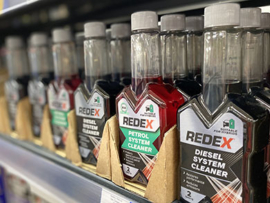
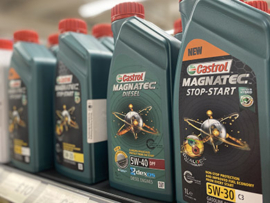
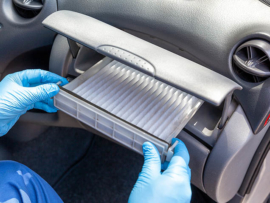
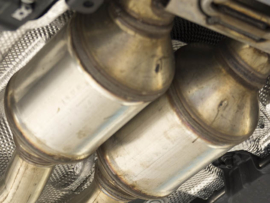
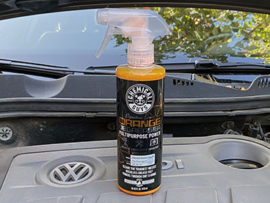

Leave A Comment